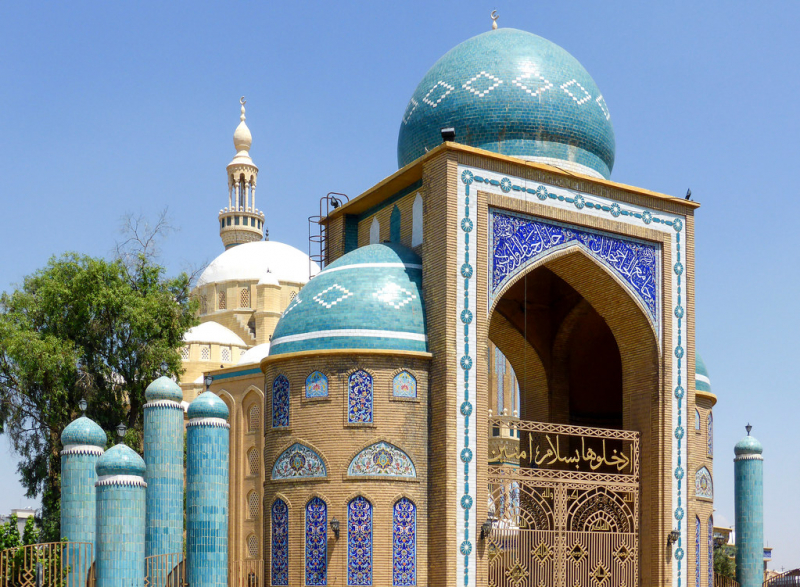Religion
No matter their nationality, Muslims make up the majority of Iraqis. Iraq went from being largely secular to becoming a religious state under Saddam Hussein's tenure. Islam was, in fact, employed as a means of supporting Saddam Hussein's regime. The phrase "Allahu Akbar" (Allah is the Greatest) was added to the Iraqi flag while Saddam was in power.
Only Sunni Muslims possessed real power under Saddam's rule. But after his government was overthrown, the Shia majority gained more clout and influence. In addition to the change in the balance of power between Sunni and Shia Muslims, the Iraqi people now have more freedom to practice their respective religions. Following the passing of the Prophet Muhammad and the controversy over his successor, the Shia and Sunni divide developed.
Jurisprudence (i.e., the laws governing prayer, marriage, inheritance, etc.) and minor aspects of faith are where the two approaches diverge most. Islam dictates a way of life and controls political, legal, and social behavior regardless of orientation. It gives moral direction for both society and the individual while organizing daily life. The Quran and the Prophet Muhammad's sayings, or "hadith," are the sources of Islamic law. Foreigners visiting Iraq should be aware of the crucial importance that religion plays in the nation. Islam molds people's attitudes, identities, and behaviors.









